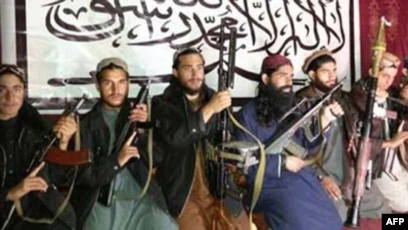
Pakistan is currently in the midst of one of its most challenging periods: political instability continues unabated in addition to the economic crises plaguing the country, we are still far from recovering from the once-in-a-lifetime floods’ devastation, and on top of all this there are signs of a resurgence of militancy.
As an editorial in Dawn noted if that happens it would “pitch us into a predicament extremely difficult to manage.” Just recently, eight law-enforcement officials were martyred on Wednesday in two separate incidents in KP. In Lakki Marwat, gunmen opened fire on a police van, killing six personnel who were on their way to perform security duty at a weekly cattle market. The attack was claimed by the banned TTP. On the same day, two soldiers lost their lives in an exchange of gunfire with militants near the Pak-Afghan border in Bajaur district.
Unfortunately, this resurgence of militancy is still not front and centre in the national discourse.
“People in the affected areas of KP, particularly Swat and the newly merged tribal districts, who have seen first-hand the devastation wrought by violent extremism, are well ahead of the rest of the country in raising the alarm. Several massive protests have taken place, most recently in lower Waziristan, with thousands chanting slogans against militancy.
The state, however, as the editorial noted, “has taken a disconcertingly nonchalant approach. A head-in-the-sand attitude will take us closer to disaster. The state must acknowledge the gravity of the problem and set about addressing it.”
![]()





